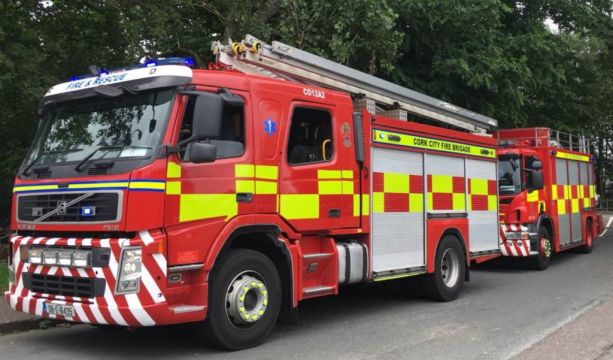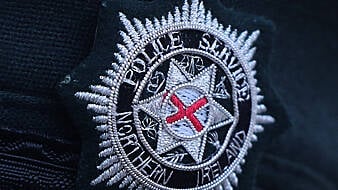All Garda and fire brigade vehicles are to be equipped with automated external defibrillators (AEDs) under a new Government scheme due to a fall-off in the number of first responders.
The national roll-out follows a recent initiative undertaken in the Buncrana Garda district in Co Donegal where the National Ambulance Service (NAS) provided cardiac first response training to members of that Garda district.
The HSE is currently in the implementation phase of the out-of-hospital cardiac arrest strategy for Ireland.
This strategy was developed by an interdisciplinary steering group, which had the aim of increasing the number of people who survive an out-of-hospital cardiac arrest in Ireland, using national and international experience to address all the elements in the chain of survival.
The executive has since established an out-of-hospital cardiac arrest strategy implementation group to progress this work.
The group is led by NAS and actions are being progressed by partner organisations, including Dublin Fire Brigade, the Pre-Hospital Emergency Care Council, the Irish Heart Foundation and Gardaí.
'Time is critical'
Speaking in the Seanad, Junior Minister for Children, Equality, Disability, Integration and Youth Anne Rabbitte highlighted that at present, the NAS has a list of locations for more than 2,000 AEDs on its national computer-aided dispatch system which it can use to advise emergency callers, although this is in its infancy.
She was responding to questions by Senator Robbie Gallagher.
Minister Rabbitte said:“The most important thing the Senator raised is that, following the pandemic, not everyone within the voluntary organisations has returned to the role of being a first responder.
“Therefore, the National Ambulance Service has been looking at other ways of equipping people to become first responders because time is critical in these situations. We have seen that in Donegal. There is a strategy and a very clear plan to roll it out, but it is important that we roll it out at pace.”
The Galway East Minister added: “That is for the simple reason that there is a deficit in the number of community first responders at this moment in time.
“It is important that, where we know there is a deficit, the National Ambulance Service works with the local fire brigade or An Garda Síochána to train and equip them, so there are no gaps left in any communities across the country.”
She explained that good progress was last year on the implementation of the strategy, supported by Government funding, and it is her expectation that progress will continue this year.
In particular, the NAS, via the out-of-hospital cardiac arrest strategy, continues to advance development of a national AED register, which will enable the service's national emergency operations centre to locate all publicly accessible defibrillators when it receives a 999 or 112 call.
Out-of-hospital cardiac arrest is a significant source of mortality and morbidity, with a wide variation in its reported incidence and outcomes globally.
Research has shown it takes an entire system to save a life, which is why a strategic whole-nation approach is planned, according to the Minister, who concluded that improving out-of-hospital cardiac arrest survival is essential.
'Vitally important'
Senator Gallagher said he is “delighted” that there are moves afoot to roll this out at a national level.
“As the Minister of State said, the most important thing is to roll it out with pace. That is vitally important.
“We have great community volunteers who volunteer in cardiac arrest situations with defibrillators but for one reason or another the logistics of getting them out to a remote location might prove difficult, he said.
“The Gardaí are on the scene 24-7 in an emergency situation, and it makes perfect sense for every Garda vehicle to be equipped with a defibrillator or an AED and that every single member of the Garda would be trained to use it.
“I look forward to this initiative being rolled out throughout the country as soon as practically possible”.







